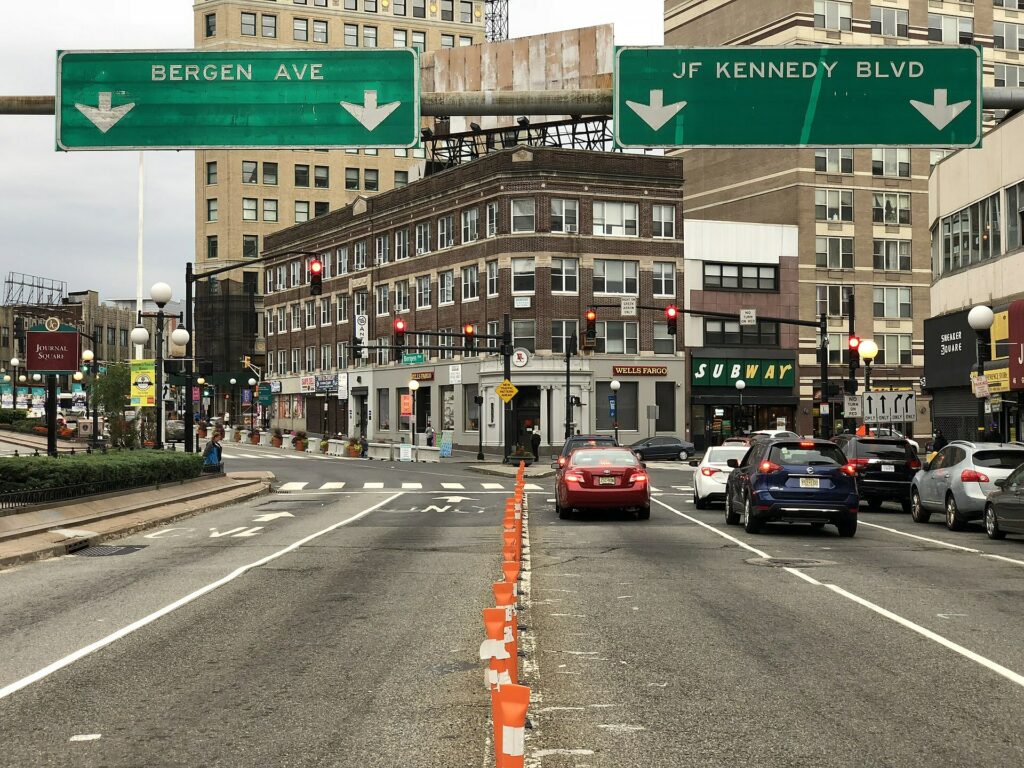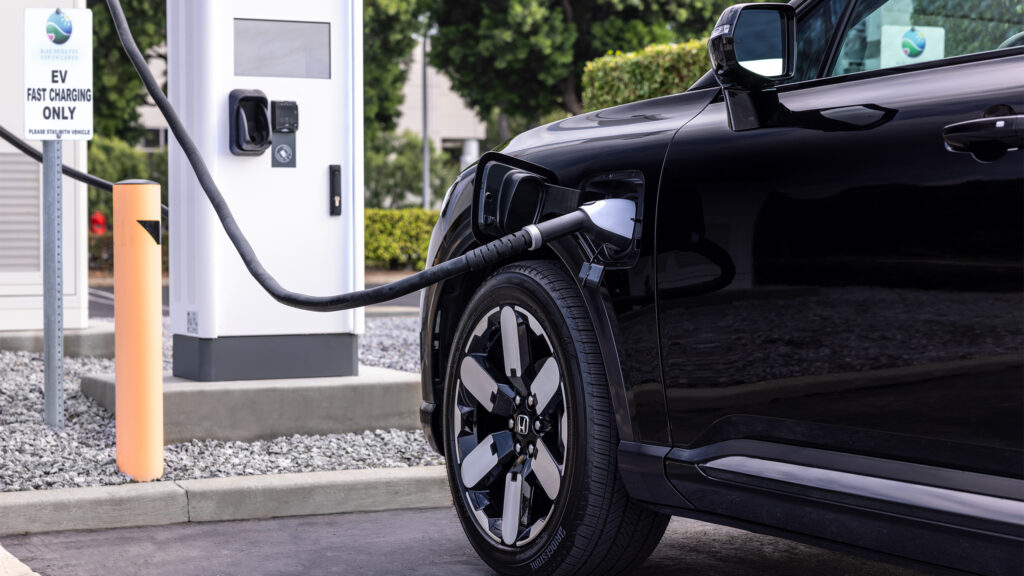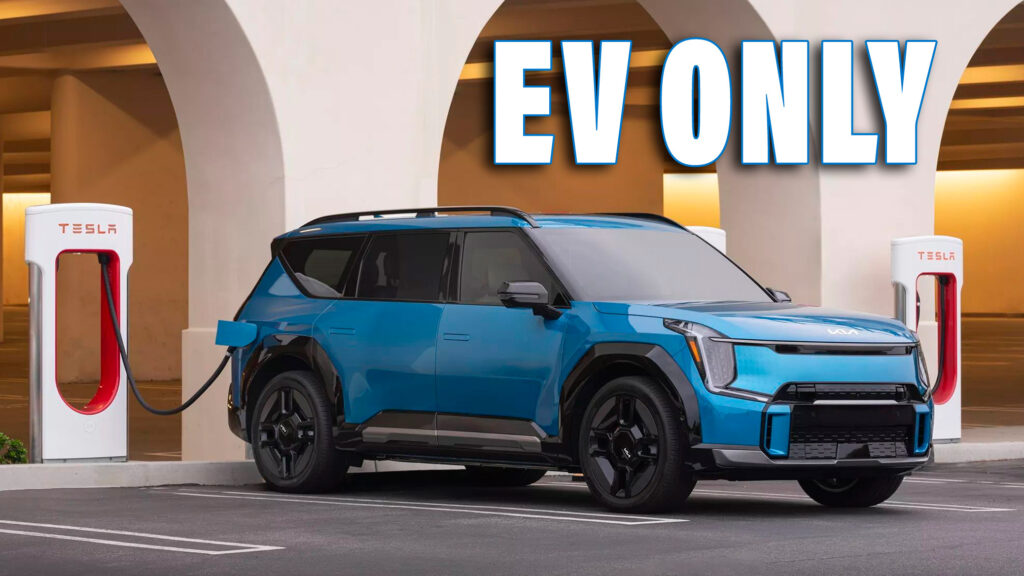New Jersey has joined a growing number of U.S. states in announcing a ban on the sale of new gasoline and diesel-powered vehicles by 2035.
The New Jersey Department and Environmental Protection will file the ‘Advanced Clean Cars II’ rule this week and will commit the state to a future of zero-emission vehicles. The state’s plan is to start limiting the number of new ICE vehicles that can be sold in the state from the 2027 model year before reaching its EV-only target in 2035.
“The steps we take today to lower emissions will improve air quality and mitigate climate impacts for generations to come, all while increasing access to cleaner car choices,” New Jersey Governor Phil Murphy said in a statement.

The Department of Environmental Protection states that it will not prohibit the ownership of ICE-equipped vehicles nor will it force consumers to buy electric vehicles. Indeed, consumers will still be able to buy and sell used combustion-powered cars and will be permitted to buy ICE cars elsewhere and bring them into the state if they meet strict emissions standards.
“Cleaner cars and trucks mean cleaner air for our children and families because the tailpipes of our own vehicles are a leading cause of poor local air quality,” added New Jersey’s environmental protection commissioner Shawn LaTourette. “As New Jersey transitions to a zero-emission vehicle future, we will improve our quality of life and public health. At the same time, we will reduce climate pollutants from the transportation sector, the greatest source of planet-warming pollution in New Jersey and the nation.”
Read: 75% Of Vehicles In The U.S. Could Be Electric By 2050
The decision has been met with both criticism and support. Environmental groups have thrown their support behind the move but Ray Cantor, an official from the New Jersey Business and Industry Association, has hit out at the legislation.
“This ban of the sale of new gas-powered cars in such an expedited time does not take costs or feasibility into account,” he told The Washington Post. “It does not take the lack of local and highway infrastructure into account. It does not take grid capacity into account. It ignores consumer choice. It doesn’t take New Jersey residents into account, especially low- and moderate-income families.”




